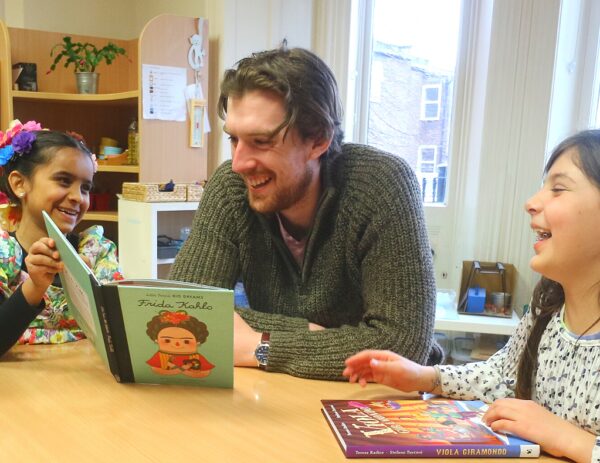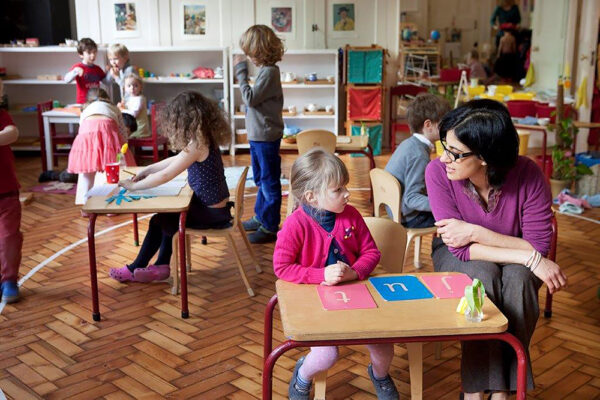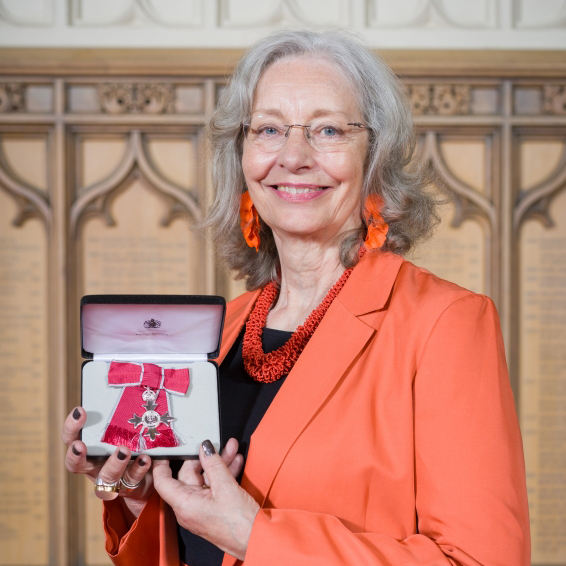
New UCL Institute of Education research on the role of phonics in the teaching of reading has generated many excited headlines saying the narrow focus on phonics in UK schools is “failing children”. But we would caution that phonics has its place and we must be careful not to throw the phonics baby out with the bath water.
The research sheds new light on a long-politicised issue which pits a focus on children systematically memorizing phonetical sounds and using these to decode words, against gentler and more nuanced “whole reading” approaches such as learning and comprehending individual words and their meaning in context; supporting children’s enjoyment of reading; and shared reading experiences with adults.
Rather than suggesting only one of these approaches, the research in fact mainly questions the way in which phonics is taught in schools. It finds that teachers only focus on phonics and neglect everything else about literacy because of the Year 1 phonics test taken by five and six-year-olds. The report advocates for mixed approaches which include phonics as well as whole reading approaches – which is exactly what we do in Montessori education.
The research confirms (what we as Montessori educators already recognise) the value of phonics immersed in other approaches that contextualise phonic learning and include exposure to literature in a way that engenders a love of reading. It would be a grave mistake for the government to throw the phonics baby out with the bath water and return to whole reading approaches only. The introduction of phonics “first and foremost” has undoubtedly increased literacy but for many schools it has distorted the focus of the teaching of literacy so much that all other good practices are being put aside. The introduction of the phonics test has focused the teacher’s attention on teaching to the test, rather than looking at the wider context of literacy learning.
“The research confirms (what we as Montessori educators already recognise) the value of phonics immersed in other approaches that contextualise phonic learning and include exposure to literature in a way that engenders a love of reading.”Louise Livingston
Furthermore, the government phonics scheme is unnecessarily complex, dull and laborious for children and teachers, some of whom have poor phonics knowledge themselves.
In the Montessori approach to education, we advocate “total reading” which is a mixed approach. It includes a focus on developing phonemic awareness in a fun way at a developmentally appropriate time. This serves as a foundation for an elegant and simple approach which gives children key phonic information to explore. Children’s reading is kickstarted into a positive cycle where reading promotes reading, resulting in further ability in reading. In parallel and with equal enthusiasm and emphasis children are offered activities that enrich vocabulary, language and self-expression, and help them to absorb all the structures of real written texts. This enables children to contextualise their phonic learning, helping them to understand the meaning of what they read as they explore literacy in a way that brings a joy of reading. This pleasure in reading embeds a desire to read, that we all know is essential for developing fluent, expert readers, able to enrich their lives with all the gifts that literacy offers.













